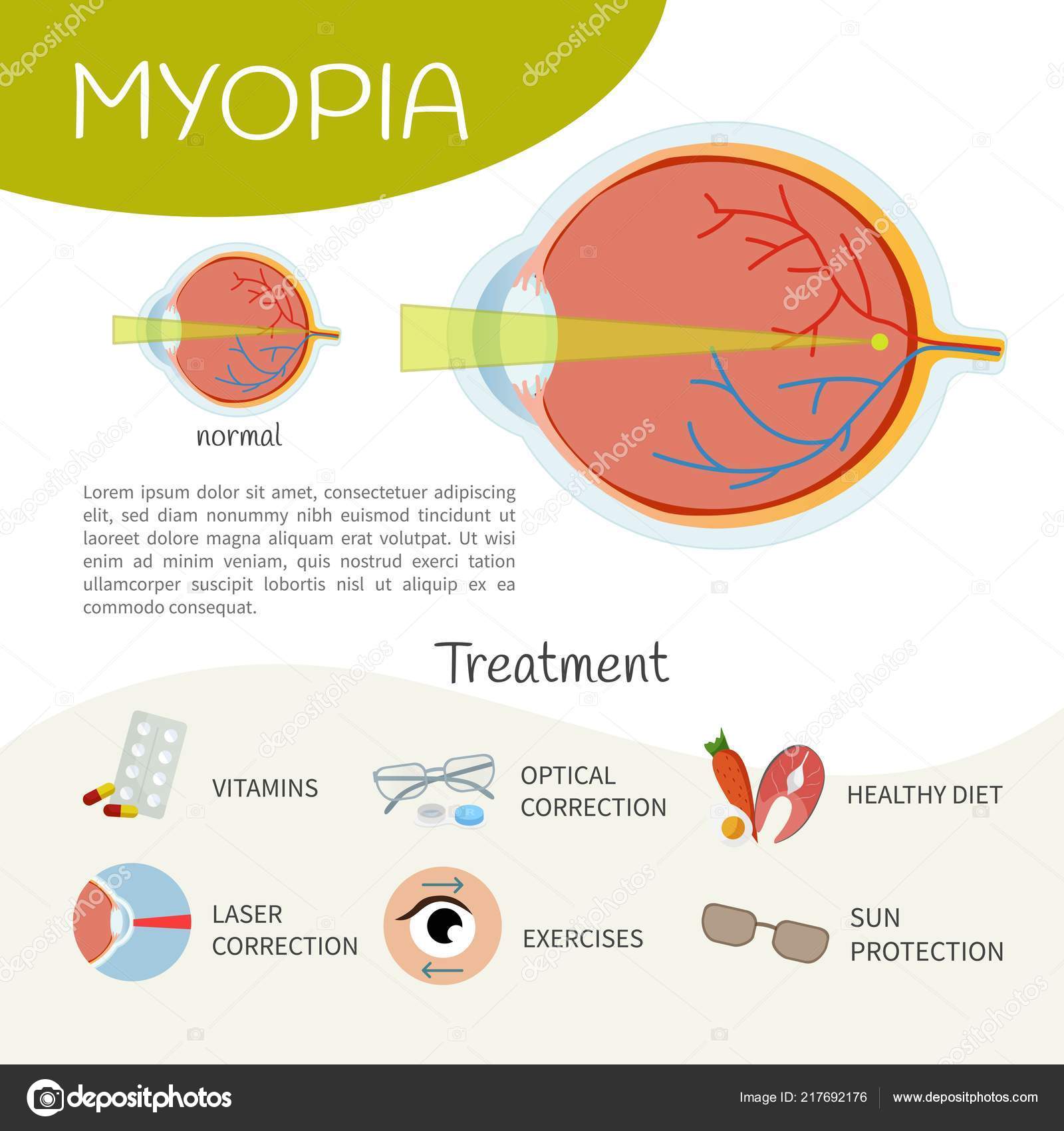How Does Lens Substitute Surgical Treatment Works?

Article written by-Justesen Thomson
Lens Replacement Surgical procedure (also referred to as refractive lens exchange) is an operation that replaces your eye's natural lens with a synthetic one.
It can remedy presbyopia, astigmatism, and nearsightedness or hypermetropia. It is also used to deal with cataracts.
What is Lens Substitute Surgery?
Lens Substitute Surgical procedure is a surgery that replaces your all-natural eye lens with an artificial one. This is typically done as a therapy for cataracts or to deal with presbyopia, a problem that makes you need checking out glasses to see points close or at a distance.
Your eye's lens is constructed from proteins as well as water that rest behind the student, focusing light onto your retina. As you grow older, these proteins modification as well as parts of the lens begin to turn gloomy.
This can make points look fuzzy or have a brownish color. When you have a cataract, your cosmetic surgeon can remove the cloudy part of your all-natural lens as well as replace it with a fabricated one.
The cosmetic surgeon will certainly select the sort of fabricated lens to dental implant based upon what will certainly function best for your needs. There are Click To See More , from monofocal lenses that focus at one repaired range to accommodative or multifocal lenses that have locations that aid you see points at various distances.
Just How is Lens Replacement Surgical procedure done?
Refractive lens substitute (RLE) is an extremely quick and also secure treatment that only takes regarding 7 to 10 mins per eye. During the treatment, your eyes are numbed with local anaesthetic so that you do not feel any kind of pain.
After source for this article numbing is applied, a costs synthetic lens will certainly be placed into your eye. This lens can remedy lengthy sightedness, brief sightedness and also analysis vision to minimize your dependence on glasses or get in touch with lenses.
Throughout your assessment, we'll conduct a complete eye evaluation to determine the best lens option for your requirements. We'll also give therapy assistance to guarantee you fit throughout the process and your surgery.
What are the advantages of Lens Replacement Surgical Treatment?
Lens replacement surgical procedure eliminates the all-natural lens in your eye and changes it with a costs man-made intraocular lens that will correct your refractive mistake and enhance your vision. This procedure is typically performed combined with cataract surgical procedure and can be done at a younger age to clear your vision as well as minimize the need for cataract surgical treatment later on in life.
The fabricated lens used in lens replacement surgery is determined to fit your individual demands as well as can be monofocal for near focus, accommodative or multifocal to permit you to see at all distances without glasses. This lens can likewise fix astigmatism, which is a problem where the cornea is a lot more football-shaped than round.
The majority of clients must observe a marked renovation in their vision immediately after the procedure. Nonetheless, some individuals might experience blurry vision for a couple of days after surgical procedure. Throughout this time, they are suggested anti-inflammatories and also antibiotic eye goes down to aid alleviate the recovery process.
What are the risks of Lens Substitute Surgical Treatment?
Lens substitute surgical treatment is a surgery that eliminates your eye's all-natural lens and also changes it with an artificial lens. https://writeablog.net/asuncion089murray/this-write-up-help-you-to-understand-the-cataract-surgical-treatment enables you to see plainly without the requirement for glasses as well as contact lenses.
Nevertheless, there are some threats connected with this treatment, including retinal detachment, infection, bleeding, as well as extreme swelling (discomfort, inflammation, as well as lowered vision). These complications are rare and can cause irreversible loss of vision or loss of your eye.
Another feasible danger is the loss of corneal endothelial cells, which help to maintain your cornea clear. Having actually an implanted lens triggers this to occur faster than regular, which might cause a gloomy cornea.

